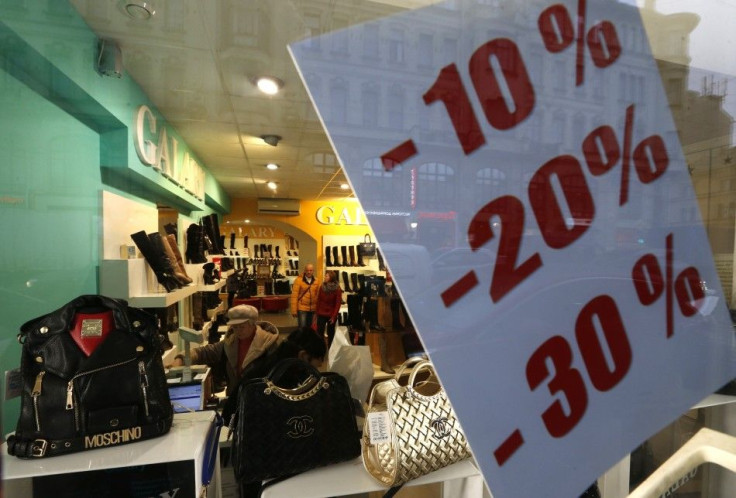Russia’s Tumbling Currency Affecting Other Countries In The Region --Report

The falling Russian currency may not only be hurting its economy but also the economies of some of the countries in the region. The Ruble has been falling at an alarming rate for the past six months. The economic sanctions and fall in oil prices may be taking their toll on the economy.
The Russian Ruble is currently hovering around just over 50 against the US dollar. This is a big fall from the exchange rate that was relatively stable at just over 30 in July this year. Two major reasons for the fall may be the falling oil prices and the economic sanctions on the country for its involvement in the Ukraine crises.
Oil prices have been consistently falling since their peak in July this year. The WTI price of crude oil stood at over 100 US dollar in July 2014. The commodity is currently trading at about 65 US dollar. Increased production of oil in the US and Canada, coupled with falling demand in countries like China may have contributed to this fall.
According to a report by Bloomberg, countries like Georgia, Armenia and Kazakhstan are all being affected by the falling Ruble. The falling currency rates of these countries against the dollar is said to be the inevitable consequence of the economic woes of Russia, especially the falling Ruble.
The report cites an economist from the Standard Bank as saying that the falling Ruble is sending "tremors" in the region. This comes at a time when many countries in Europe are struggling to stay out of a recession. Some economies in the region have barely managed to come out of the recession of 2008.
Russia itself may be at the precipice of a recession. The country is heavily dependent on oil for its economy and the recent decision by OPEC not to cut oil production could mean that the oil prices will continue to remain low until demand picks up or some of the oil producers in US and Canada cut production.
The political uncertainties and the economic sanctions against Russia compound the severity of the situation. The country is however taking steps in order to revive the economy. The Prime Minister of Russia recently made an announcement in a press release that the government will provide subsidies to the auto industry to stimulate demand.






